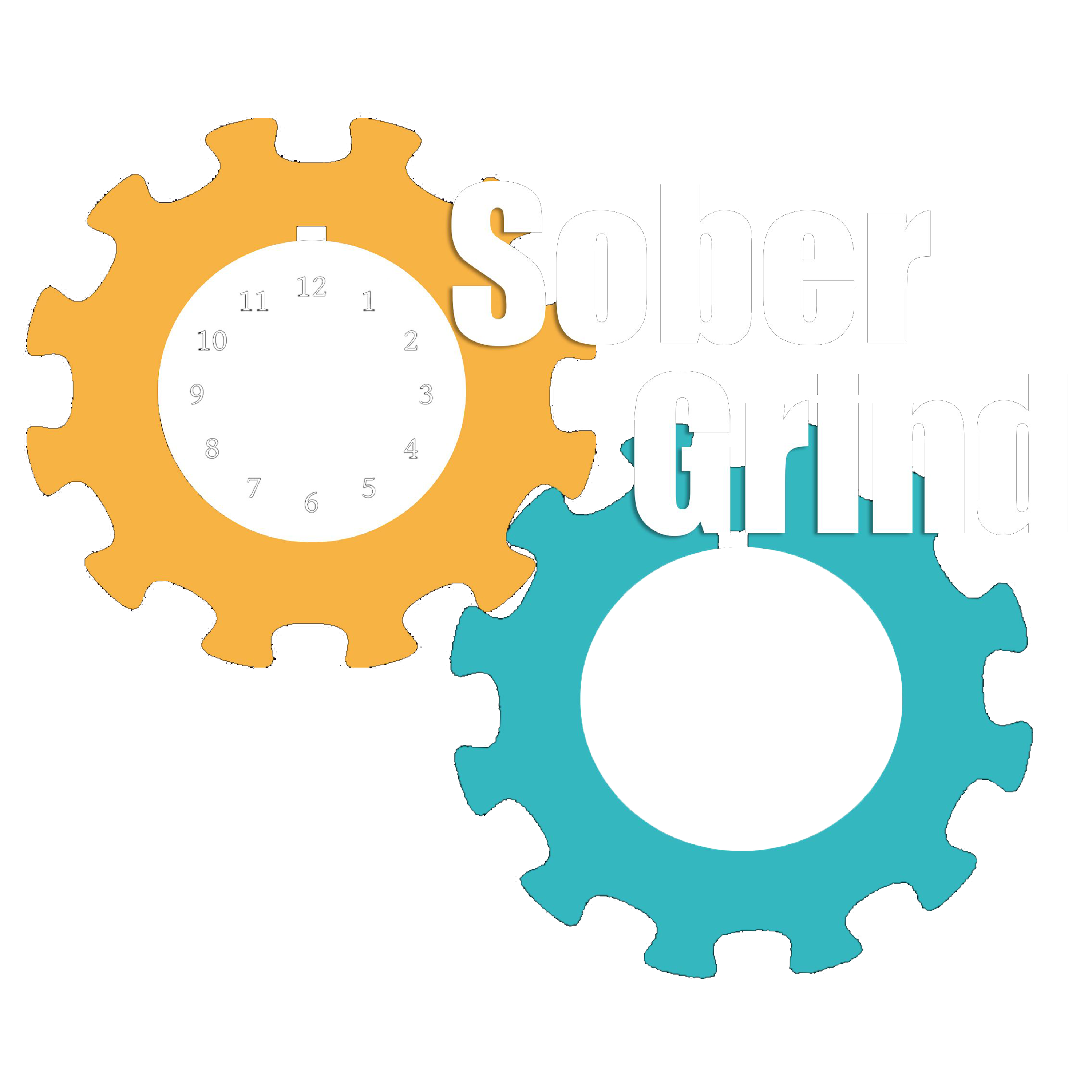Alcoholism vs Alcohol Abuse
Alcoholism and alcohol abuse are commonly lumped into the same category, however it’s important to understand the differences. Truly understanding this will not only help you if you are struggling, but if you have a loved one who is struggling with alcohol you can better understand the situation.
Alcohol is the widest consumed legal drug in the United States. According to a 2017 National Survey on Drug Use and Health (NSDUH), 86.3 percent of people ages 18 or older reported that they drank alcohol at some point in their lifetime. We can all work together to bring awareness and support for this issue by better understanding the differences between alcoholism vs alcohol abuse.
What is Alcoholism?
Alcoholism or otherwise known as alcohol use disorder is currently one of the widest spread diseases in the United States. The definition of alcoholism is an addiction to the consumption of alcoholic substances or the mental illness and compulsive behavior resulting from alcohol dependency. No one plans on becoming an alcoholic, but it is the direct result of increased drinking or the need to consume alcohol in order to feel normal or used as a coping mechanism.
Some Common Warning Signs of Alcoholism Can Include:
- Temporary blackouts after consumption
-
Wanting to quit drinking but not being able to
-
Withdrawal symptoms if you stop drinking for a period of time
-
Hiding consumption from others or denial
-
Drinking to avoid emotional issues such as trauma, depression, or anxiety
What is Alcohol Abuse?
Alcohol abuse is often a leading step before alcoholism but not always the case. Quite simply, alcohol abuse is someone who abuses alcohol consumption for various purposes. The DSM V describes alcohol abuse as someone who continues to drink alcoholic substances despite recurrent social, interpersonal, and legal problems as a result of their alcohol use. Harmful use implies their drinking causes either physical or mental damage.
What Alcohol Withdrawal is Like
If you regularly consume alcohol, especially daily use, alcohol withdrawal may occur if you attempt to quit drinking. Why this happens is because your body develops a level of dependency for it and sees it as normal behavior after time. Alcohol withdrawal can vary between mild symptoms such as headaches, anxiety, and loss of appetite, but heavy long-term users may experience much more extreme and painful withdrawal symptoms.
Other Common Withdrawal Symptoms Include:
- Insomnia
- Depression
- Delirium Tremens
- Rapid Heartbeat
- Hallucinations
The common alcohol withdrawal timeline is typically between 48 and 72 hours depending on your level of dependence and frequency of use. While alcohol withdrawal can be painful, symptoms can be eased and you can feel more comfortable being supervised in an alcohol rehab setting.
Do I Need Help With Quitting Alcohol?
If you or a loved one are showing signs of alcoholism or alcohol abuse it’s important that you reach out for help and not do this on your own. At times, an intervention may be required to help a loved one. If you need help, and you would like our advice, you can reach out to us any time be emailing pej@beginningstreatment.com and we will answer your questions.
Today on Sober Grind we talk about the differences between alcoholism vs alcohol abuse. Pej shares some crazy alcohol abuse stories!
Sober Grind is an addiction recovery podcast dedicated to highlighting the most interesting topics and intriguing guests about all things recovery!
Call today to get help with addiction: 800-387-6907
Email us your topic ideas, questions, or if you’d like to share your recovery story at austin@beginningstreatment.com
Do you like this show and want to help us grow and impact more lives? Please consider leaving us a review on iTunes and subscribing!
Join our amazing Facebook Recovery Community
**Subscribe and listen to Sober Grind on**


